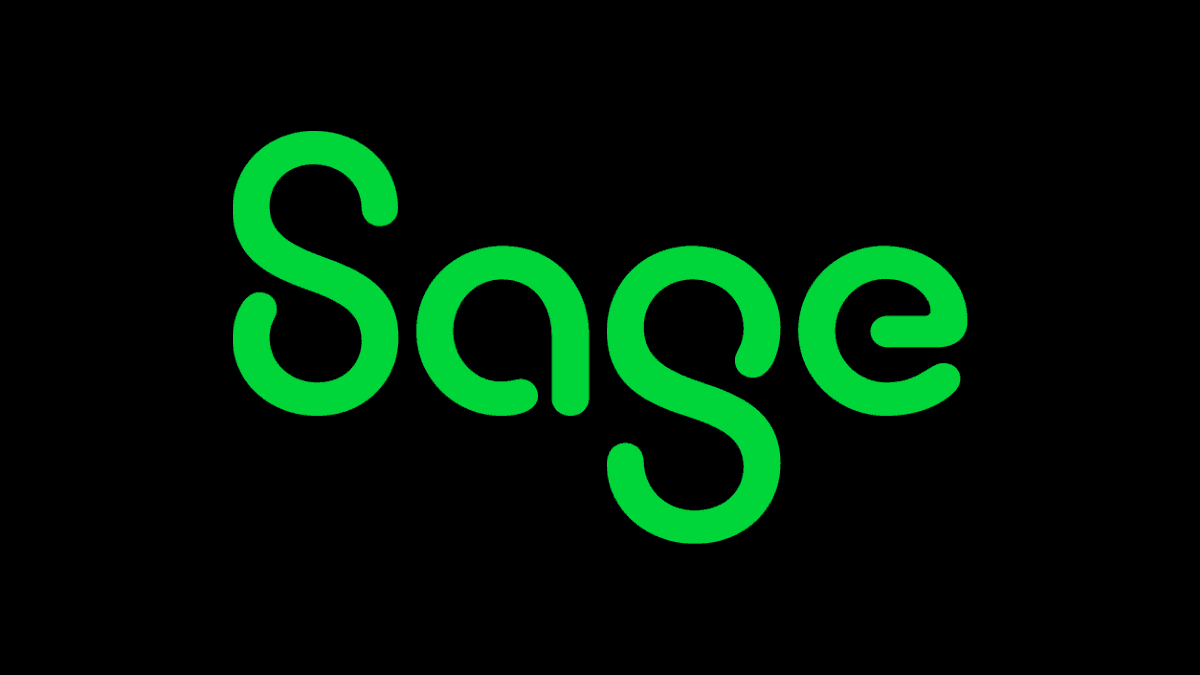Get paid on time – 5 tips for small business owners
For small and medium businesses, getting paid on time is one of the biggest administration headaches. After all, when customers don’t pay on time, cash flow takes a knock, and you need to borrow money to pay suppliers and service providers. Let’s not forget that nobody enjoys the awkward conversations and annoying admin that go […]

For small and medium businesses, getting paid on time is one of the biggest administration headaches. After all, when customers don’t pay on time, cash flow takes a knock, and you need to borrow money to pay suppliers and service providers.
Let’s not forget that nobody enjoys the awkward conversations and annoying admin that go along with chasing up payments.
Knowing how to prompt customers to settle their accounts on time without harming your relationship with them is an essential skill for every small business owner to master.
Here are five tips on how you can get people to pay up by the due date while reducing the stress involved.
Invoice accurately
One of the best ways to get paid fast is to ensure your invoices are error-free and comply with the customer’s requirements. Include the details they ask for, such as contact and company details, Purchase Order (PO) numbers and breakdowns of costs for different line items.
If you’re dealing with a bigger company, it might be worth checking upfront which information they want on the invoice and which formats they prefer. Once you have this process waxed, it is likely there will be less delay.
Make it easy to pay
Your goal should be to make it as simple as possible for someone to pay when they open your invoice. Ensure it’s easy for them to find your banking details on the invoice, for example.
Some payment platforms let you include a click-to-pay option in your digital invoice. When dealing with consumers rather than businesses, it offers them a range of convenient payment options, including debit and credit card, Snapscan, Zapper, QR code, EFT, and instant EFT.
Communicate clearly
Ensure customers know and agree to your payment terms (whether upon presentation of the invoice or 30 days) before buying a product or service from you. Include your standard payment terms on every invoice to remind them.
Put processes in place to remind customers to pay
This tip is absolutely vital. No one enjoys running after customers to ask for overdue payments. Putting procedures in place for this task can take some of the pain out of it.
Here are some ways to remind people to pay your invoice, including how to escalate matters for late payment or non-payment:
- Add receipts to your emails and resend the invoice so you can see if the recipient opened them.
- Send an invite to a short meeting to talk about the late payment. This should only be a 15-minute slot, but seeing it in their calendar will remind them you need to be paid.
- For smaller businesses, you may wish to be lenient. You can ask if they need help paying and could offer to split the invoice over two months to help with their cash flow. You could also remind them that to pay in a way that suits them best.
- For bigger businesses, try sending them an audit of all outstanding invoices. Appeal to your customer’s better nature. Explain that you’re a small business, and having payments made on time is crucial.
Automate processes
Some accounting solutions will automate parts of the invoicing process, minimising the need for manual data input and room for error. This will also save you a great deal of time so you can focus on the areas of your business that add value, whether it’s strategy, sales or customer interaction.
Late payments are still a headache
While several large South African companies recently pledged to pay small and medium businesses faster, the issue of late payments still looms large. Late payments not only impact cash flow for many businesses, but they could threaten the survival of many beyond the COVID-19 pandemic.
During this crisis, it pays to work with your customers to ensure prompt payment. Open discussions around the fears and pressure points your customers are facing will help you decide on a reasonable compromise or set out clear payment terms from the offset. It will also help you maintain a good relationship throughout these uncertain times.
Get your free 30-day Sage Business Cloud Accounting software trial to boost your business.
Reduce time spent on admin by up to 80%
Free yourself from admin with easy-to-use features, built around you. Ideal for entrepreneurs, start-ups, and growing businesses.

The Art of Being Paid
Chasing invoice payments doesn’t have to be painful. Use this kit to answer a few questions about your customers, so you understand their payment drivers, then read our advice on how to flex your style for each, calling techniques and much more.






